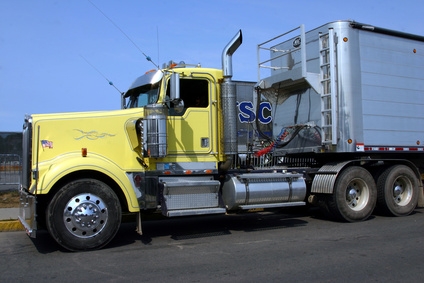
Gas versus diesel: is there a difference in output and mileage efficiency? Many drivers would like to think so. However, the truth is really dependent on which factor you analyze the fuel source with. And keep in mind, an opinion based on a vehicle made 10 years ago is probably outdated. Significant engine design improvement has occurred since then.
Diesel has always had a bad rap as a fuel source. It stinks, it puts out a lot of exhaust smoke and the engines cost more. As a result the fuel type was relegated mainly to heavy vehicle or industrial use. However, there is still quite a bit of cross-over and engine type competition at the ¾- and 1-ton pickup truck level. So mileage output is affected not just by fuel type, but also by the vehicle category chosen.
Both gas and diesel can produce power and torque in an engine if designed right. In terms of acceleration gas engines will do better revving faster and reaching high power bands faster than diesel counterparts. From a 0 to 60 mph speed increase, gas engines will win every time. As a result, gas can cover distance faster in the short period.
However, if you're looking for power in terms of hauling and towing, diesel becomes the champ. A diesel engine requires a higher compression to get the fuel to burn. As a result, diesel engines don't need to rev very much to produce ample power. This power converted into hauling and towing works just fine with large loads. So what diesel engines give up in speed acceleration, they gain back plenty in load strength and hauling. As a result diesel can cover more miles in the long term.
Due to its chemical nature diesel provides more energy in the same amount of fuel container than regular gasoline. The difference is about 20 percent more energy production per gallon. On a fuel consumption basis, diesel engines will get more bang for the buck as a result. However, the flipside is that diesel fuel costs more per gallon; this didn't used to be the case, but times have changed. So what is gained in additional energy may be given up in money at the pump. But on a mileage basis diesel will take you farther for the same size fuel tank. Over the lifetime of vehicle ownership this can make a big difference in use and savings in the wallet.
Diesel engines require more and heavier parts. As a result, the engines weigh significantly more than their gasoline cousins. This results in more fuel consumption to push the same load and vehicle the same distance as it would a gasoline engine. The weight difference then is a drag on the cost of fuel per mile which, while it has no impact on the efficacy of the fuel itself, makes diesel vehicles cost more per mile driven.
There is no hands-down winner between gas or diesel in terms of mileage because what works for one driver may be irrelevant in function for another. Drivers first need to determine what they want a vehicle to do. Then, fuel source and mileage performance can be a secondary factor in comparing two different vehicle engines in the same functional category of use (i.e. truck versus truck, or towing package versus hauling).